Empowering Smart Homes with Matter Compliance

In the dynamic landscape of smart home technology, interoperability and security are paramount. Enter Matter, the new symbol of connectivity and security assurance. This white paper delves into basic understanding of Matter standards, the significance of Matter compliance for smart home ecosystems, detailing its core principles, benefits, and implications for consumers and manufacturers alike.
Understanding the Matter Standard
The Matter standard, formerly known as Project CHIP (Connected Home over IP), represents a groundbreaking initiative by major tech companies, including Apple, Google, Amazon, and the Zigbee Alliance. It establishes an open-source standard for smart home devices, ensuring seamless interoperability across platforms and ecosystems.
The Matter standard mandates adherence to rigorous specifications and requirements, encompassing communication protocols, security mechanisms, and data handling practices. Devices seeking Matter certification must comply with these mandates to ensure reliability, security, and compatibility within the smart home environment.
Achieving Matter compliance requires meticulous attention to detail and adherence to industry best practices. Manufacturers must implement communication protocols specified by the Matter standard, including Bluetooth Low Energy for device setup and Wi-Fi, Thread, and Ethernet for connectivity. Robust security mechanisms, such as encryption, authentication, and access control, are essential to protect against unauthorized access and data breaches. Additionally, manufacturers must adhere to data handling practices outlined by the Matter standard, ensuring transparency, user consent, and privacy protection in data collection, storage, and sharing.
Today, Matter compliance primarily focuses on smart home devices and ecosystems. However, the principles and standards established by Matter can be applied to a broader range of embedded systems and products beyond the realm of smart homes. While Matter’s initial scope is centered on consumer-facing smart home technologies, the principles of interoperability, security, and open standards advocated by Matter can be extended to various embedded systems and IoT devices in industrial, commercial, and enterprise settings.
Embracing Interoperability
Matter does not replace existing smart home platforms; instead, it enhances them. Supported by major smart home platform providers, Matter utilizes familiar technologies like Bluetooth Low Energy, Wi-Fi, Thread, and Ethernet to connect devices. With commitment from leading brands, Matter ensures new devices seamlessly integrate with existing smart home setups.
Currently, Matter supports a wide range of device categories, including bridges, controllers, door locks, HVAC controls, lighting, media devices, safety sensors, and window coverings. Moreover, ongoing development by Alliance members expands support for additional device types, including appliances, cameras, electric vehicle charging, and more.
Many existing smart home products can be updated to support Matter through software updates. Device manufacturers communicate update availability, enabling seamless transition to Matter compatibility for consumers.
Navigating the Path to Matter Compliance: What Companies Need to Do Now
To achieve Matter compliance for their products, companies must adhere to the specifications and requirements outlined by the Matter standard. Here’s what it takes for companies to ensure their products meet Matter compliance:
- Implementation of Matter Protocols: Companies need to implement communication protocols specified by the Matter standard in their products. This includes supporting technologies such as Bluetooth Low Energy for device setup and Wi-Fi, Thread, and Ethernet for connectivity.
- Incorporation of Security Mechanisms: Robust security mechanisms are essential for Matter compliance. Companies must integrate encryption, authentication, access control, and secure firmware updates to protect against unauthorized access and data breaches.
- Adherence to Data Handling Practices: Companies must adhere to data handling practices outlined by the Matter standard to ensure transparency, user consent, and privacy protection. This involves guidelines for data collection, storage, sharing, and deletion, as well as mechanisms for user control and consent.
- Participation in Interoperability Testing: Companies may need to participate in interoperability testing to validate compliance with the Matter standard. This ensures that their products can seamlessly communicate with other Matter-compliant devices and platforms.
- Update Compatibility for Existing Devices: Many existing smart home products can be updated to support Matter compliance through software updates. Companies should communicate update availability to consumers, enabling a smooth transition to Matter compatibility.
- Product Certification: To officially claim Matter compliance, companies may need to undergo certification processes administered by the Connectivity Standards Alliance (CSA), formerly known as the Zigbee Alliance. This involves testing and validation to ensure that products meet the standards set forth by Matter. ( https://csa-iot.org/certification/why-certify/ )
Unlocking the Benefits of Matter Compliance
By embracing Matter compliance, product manufacturers ensure seamless interoperability, robust security, and privacy protection for their smart home devices. Consumers benefit from enhanced connectivity, reliability, and user experience, as Matter-certified devices seamlessly integrate into existing smart home setups. Moreover, Matter compliance fosters innovation and collaboration within the smart home industry, driving the development of new device categories and use cases.
Simplified Device Setup
Onboarding Matter devices is effortless, leveraging numeric and QR setup codes along with Bluetooth Low Energy for streamlined setup. Users can initiate setup from device maker apps or smart home platforms, ensuring hassle-free integration into their smart home networks.
Enhanced Security Measures
Matter prioritizes security, incorporating unique device identities, data encryption, and fine-grained access control. By aligning with best practices, Matter ensures robust protection against unauthorized access and data breaches, safeguarding user privacy and device integrity.
Promoting Privacy Protection
With end-to-end encryption and data minimization practices, Matter prioritizes user privacy. Each device’s unique identity and stringent access control policies minimize data exposure, enhancing privacy protection in the smart home environment.
Matter compliance heralds a new era of connectivity and security in the smart home ecosystem. By embracing Matter standards, manufacturers and consumers alike unlock the benefits of interoperability, reliability, and privacy protection. As the industry unites under the Matter banner, smart homes become more accessible, secure, and connected than ever before.
Secure IQx: A Unified, Cost-effective Solution
Secure IQx offers a comprehensive solution to facilitate Matter compliance for smart home devices. With expertise in embedded security and interoperability, Secure IQx ensures seamless integration and robust protection for connected devices. Step into a future defined by unparalleled connectivity, security, and user experience with Secure IQx.
Step into a future defined by unparalleled security, efficiency, and compliance. Connect with us at support@secureiqx.com to discover how our partnership can elevate your security objectives.
Recent Posts
-
Secure Key Management in Embedded Systems
April 16, 2024 Compliance -
Empowering Smart Homes with Matter Compliance
February 21, 2024 Compliance



